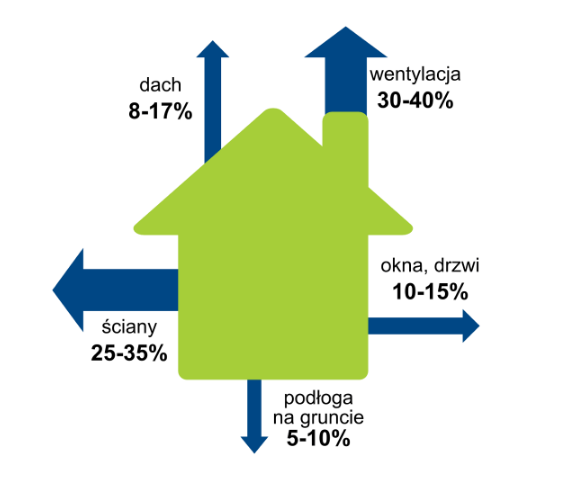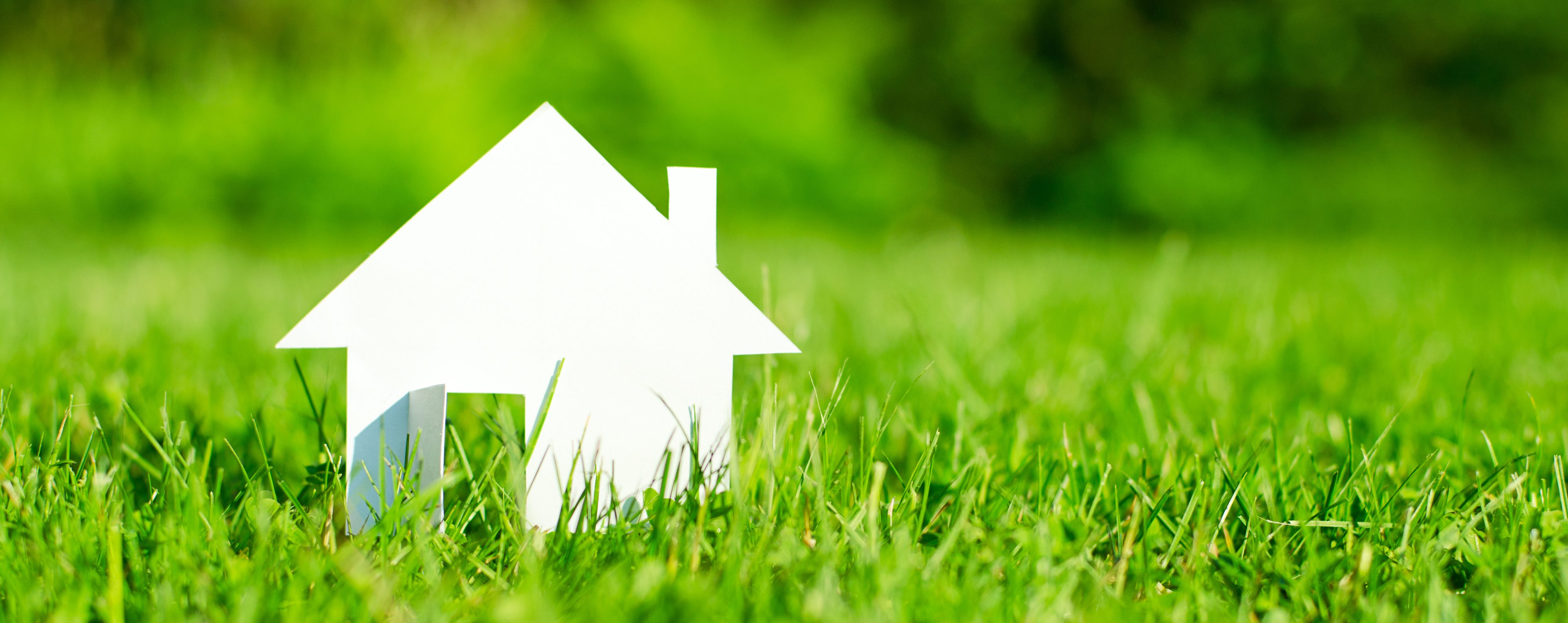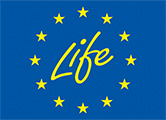Thermomodernization is the improvement of the technical features of a building aimed at reduceing the energy consumed for heating, ventilation and hot water preparation.
- Insulating outer partitions (walls, roof, ceiling, ceiling above the basement) will reduce heat consumption by 15-25%.
- Replacing windows with tight windows with a lower penetration value will save 10-15% of heat.
- The introduction of weather automation and regulatory devices results in 5-15% savings.
- Comprehensive modernization of the internal central heating installation will save 10-15% of heat consumption.
- Installation of a solar installation can reduce the cost of hot water preparation by up to 50%.
Energy consumption in a household is as follows:
- 71% heating,
- 15% heating water,
- 7% meal preparation,
- 5% electrical equipment,
- 2% lighting.
Heat loss in a single-family house:

Financial support for the thermomodernization of single-family buildings is provided by the Voivodship Fund for Environmental Protection and Water Management in Krakow within the JAWOR program.
Source: http://powietrze.malopolska.pl/en

LIFE IP “Implementation of Air Quality Plan for Małopolska Region – Małopolska in a healthy atmosphere”
Air quality strategy in Małopolska Region
Southern Poland is one of the most polluted regions in the EU. The Małopolska Region struggles with very poor air quality, particularly during the winter season. Concentrations of particulate matter (PM10 and PM2.5) and benzo(a)pyrene are exceedingly high throughout the whole region. The major source of air pollution in Małopolska is low-stack emission (combustion of solid fuels in obsolete household boilers). This source is responsible for 55% of PM 10 and over 70% of carcinogenic benzo(a)pyrene concentrations.
The Małopolska Air Quality Plan (MAQP) determines tasks for local governments to eliminate obsolete solid fuel boilers and modernize household heating systems for those based on environmentally friendly energy sources (like natural gas, light fuel oil, renewable energy, electric heating, district heating) or modern solid fuel boilers meeting high quality standards in terms of pollutant emissions. However, the level of implementation of these corrective actions is insufficient e.g. in 2013 – 2015 the achieved reduction of particulate matter and benzo(a)pyrene emissions reached only 8% of the target for 2023. There is also significant untapped potential for emission reduction by improving the energy efficiency of buildings.
The scope of the project includes:
- Establishing a network of 60 Eco-managers in order to support the implementation of air quality actions at the municipal level,
- Strengthening advisory and administrative services for Krakow residents with respect to elimination of stoves and solid fuel boilers,
- Operating a regional-level Excellence Centre, to provide training and knowledge base for local authorities and Eco-managers,
- Conducting information and education campaigns at the regional and local levels,
- Developing an instrument for high resolution modeling of pollution dispersion for Krakow and analysis of variants of possible actions aimed at emission reduction,
- Preparing an international air-pollutants modeling system for Małopolska, Silesia, the Czech Republic and Slovakia.



